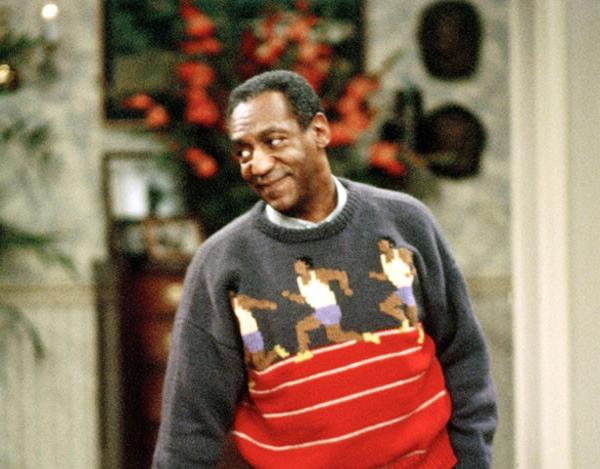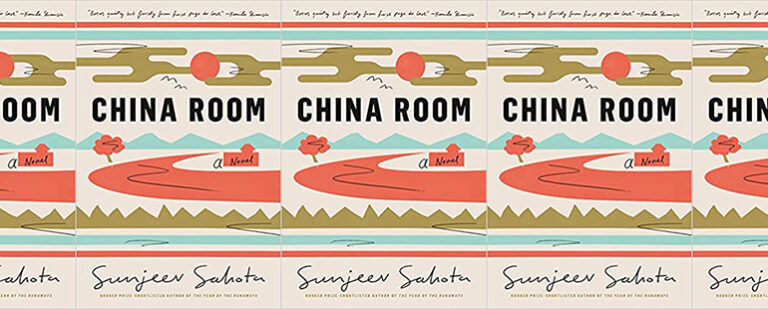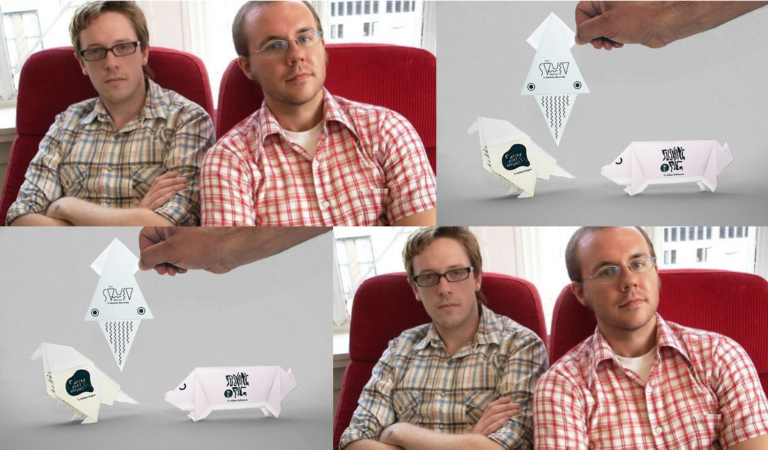Round Down: When Books Are As Essential As Bread And Water
Whenever I drive to my real local library or the Barnes & Noble near my house, I’m always disappointed I can find a parking space so easily. Trust me, I love convenience. But where is everyone? What are they doing that’s more fun than browsing the shelves? Every man keeps a few secrets from his wife, and here’s one of my key ones: the line at the library checkout desk is never that long. Sure, I said I was just returning some of our kids’ books, but that shouldn’t have taken forty-five minutes. I’ll let you know, dear reader: I wasn’t really waiting that whole time. I was checking out three more books on behavioral economics, and I’m not even sure why. (But maybe there’s something in these books that can explain it!)
When you go to your local bookstore, think about what you’re looking at. It’s more knowledge and stories and insights than you could process in a lifetime.
If you believe in the value of bookstores and books, you may agree with me that the must-read article of the year was Pamela Druckerman’s New York Times op-ed, “The French Do Buy Books. Real Books.” It contained this rather amazing nugget: “The French government classifies books as an ‘essential good,’ along with electricity, bread and water.”
Our government may not govern the industry the same way, but there’s no reason you can’t personally treat books the same way.
What Went Down
Last July, Druckerman wrote an op-ed looking into the reasons why the French are less enamored with buying books online than Americans. She’s an American journalist living in France, and the author of a book you may have heard of: Bringing Up Bébé: One American Mother Discovers the Wisdom of French Parenting. She’d already achieved some degree of fame by lauding the French, and in the piece she explains: “What underlies France’s book laws isn’t just an economic position—it’s also a worldview. Quite simply, the French treat books as special. Some 70 percent of French people said they read at least one book last year; the average among French readers was 15 books. Readers say they trust books far more than any other medium, including newspapers and TV.”
Because of this, the government has worked to preserve existing brick-and-mortar stores by making it illegal to discount books by more than five percent. Online stores can’t offer that discount and free shipping on the same book. How well has this worked? Good, but not great. France, like everywhere else, is still losing independent stores. Not as quickly, though, according to Druckerman.
Store Wars Are a Distraction
For me, this was the year when everyone suddenly cared again about the economics of bookselling. From watching Hachette and Amazon fight, to seeing your uncle’s self-published sci-fi epic sell zero copies, it seemed like there was reason for everyone to have an opinion on what a healthy market should look like.
Everyone who works in book publishing has a lot of opinions about the number of online, chain, and indie stores. Most readers have strong opinions, too. Still, the way you buy books should always be second to what’s in them.
And what’s in them has never been better. There’s never been a better time to be a reader. Interesting, appealing material of all kinds has never been easier to find. Book publishers have been forced, like the rest of the media, to step up their game. Sexy books have to be sexier, informative books have to be more definitive, and literary books have to change more minds.
Books Are Not Financially Expensive
The price of books has been falling, when you adjust for inflation, over the past two decades. For the amount of enjoyment you can derive from the right $25 hardcover, books are an absolute bargain. The way they are expensive is in time. You only have so much time to read, and you want to be reading the right things. If I paid you to read a book, even at minimum wage, it might cost me $100 to pay you to read that $25 book. If you’re not reading enough books lately, it’s not because you don’t have enough money.
Therefore, I have to admit, I’m not sure I how preventing stores from selling books cheaper works out to any great benefit, or detriment, to readers.
Many things have changed about the way we find and buy books, but we now pick the book we want and aim to get it cheaply, not the other way around. Some authors will get $10,000 and some authors will get $1,000,000, but I think that’s allotted more fairly than ever before. There’s a greater focus than ever on markets and platforms, but the word on the page has never been more carefully judged. Because we all now know the value readers place on a book they don’t love is essentially zero.
Buy and Write Books Out of Necessity
If you’re a reader, feel blessed. Writers are going all out to win your heart. Procure your books however you like. Get on Twitter and meet people like you, and the writers you love. Become a part of a community. Work harder to find the books you can’t live without, and tell everyone about them. Just keep reading.
If you’re a writer, you have to turn into the skid. If you have a big idea, make it bigger. Open your book with a bang. Keep them reading past page three. Get on Twitter, but not to advertise yourself. Meet people. Communicate with your favorite writers. Know which readers are going to absolutely love your stuff—who will think of it as a life essential—and write for them. When it comes to promotion, leave nothing to chance. Start winning over readers today. And please, read more books.


